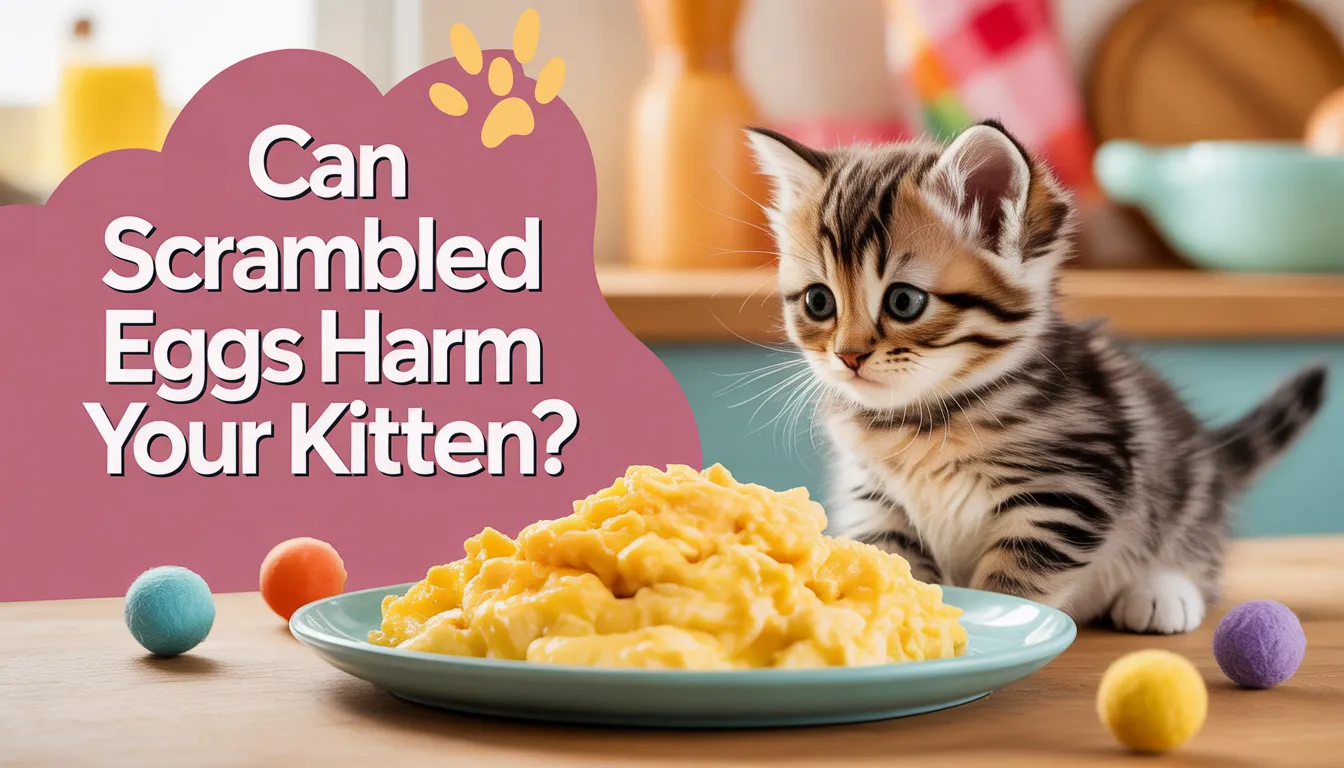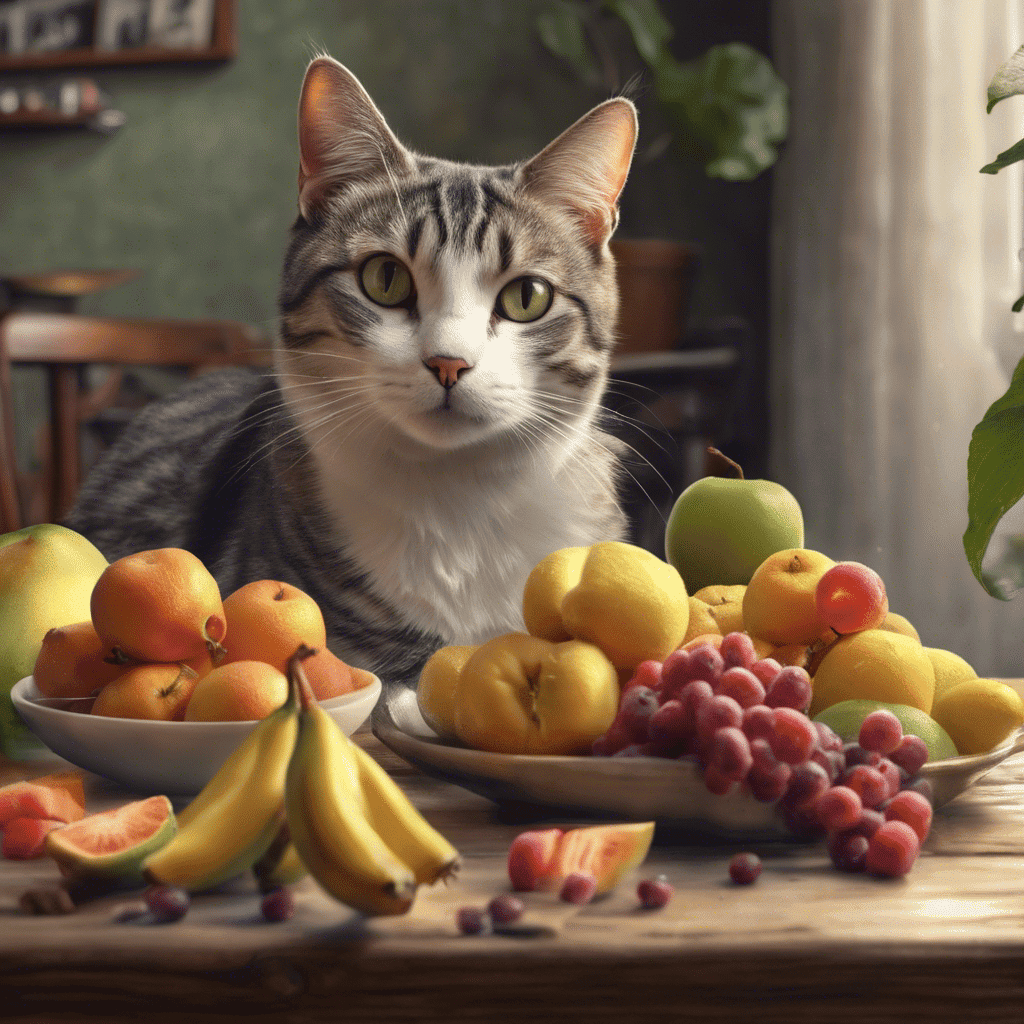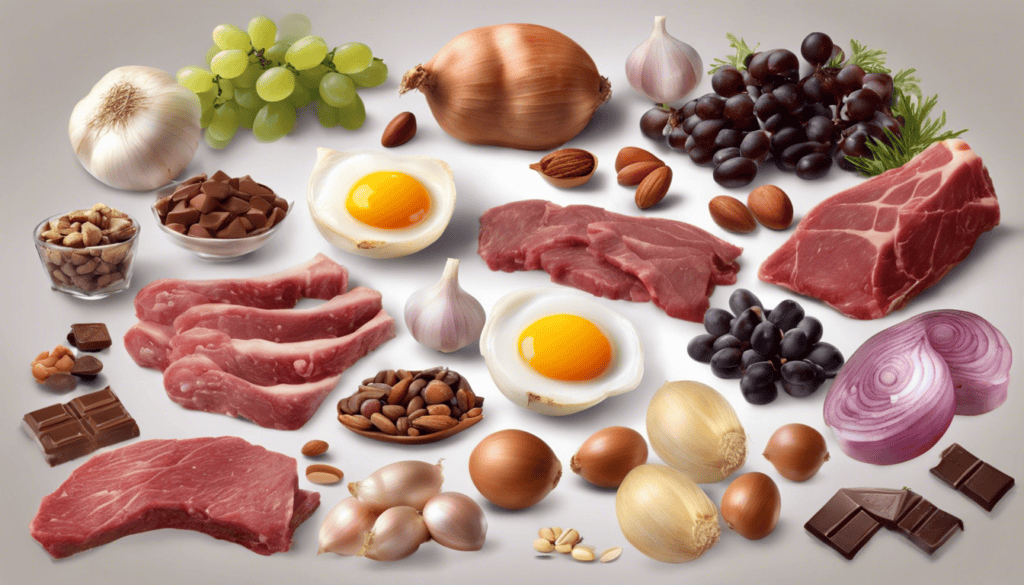
As a responsible kitten owner, you’re likely curious about whether scrambled eggs are a safe and healthy treat for your furry friend. The good news is that eggs can be a nutritious addition to your kitten’s diet, but it’s essential to consider a few factors before serving them up. While kittens can generally tolerate cooked eggs, it’s crucial to be aware of the potential risks involved. For instance, undercooked or raw eggs can pose a risk to your kitten’s health. Also, some kittens may be allergic or intolerant to eggs, so it’s vital to monitor their reaction and adjust their diet accordingly.
Once you understand the potential benefits and risks, you’ll be better equipped to make informed decisions about sharing scrambled eggs with your kitten.
Are Scrambled Eggs Safe for Kittens?
Scrambled eggs can be safe for kittens if prepared correctly. They are packed with protein, which is essential for your kitten’s growth and development. Eggs also contain amino acids and vitamins that contribute to healthy fur and strong claws. However, you must ensure the eggs are thoroughly cooked to eliminate any risk of bacterial infections, such as salmonella.
Avoid adding any extra ingredients like cheese, garlic, or salt, as these can be harmful to kittens.
Nutritional Value of Eggs for Kittens:
|
Nutrient |
Benefit for Kittens |
|---|---|
|
Protein |
Supports growth and repair |
|
Amino Acids |
Essential for muscle health |
|
Vitamins |
Boosts immune system |
|
Healthy Fats |
Promotes shiny fur |
Key Considerations Before Feeding
Before introducing scrambled eggs into your kitten’s diet, consider a few key factors. First, moderation is vital. While eggs are nutritious, they should not exceed 10% of your kitten’s total food intake. Overfeeding can lead to digestive issues or obesity. Second, observe your kitten for any signs of allergies or intolerances.
Symptoms might include vomiting, diarrhea, or skin irritations. If you notice any adverse reactions, discontinue feeding eggs immediately.
Lastly, always consult with your veterinarian before making significant changes to your kitten’s diet. They can provide personalized advice based on your kitten’s specific health needs and dietary requirements. By taking these precautions, you can safely incorporate scrambled eggs into your kitten’s meals, ensuring they receive the benefits without the risks.
Nutritional Benefits of Eggs
Eggs are a powerhouse of nutrition, providing essential nutrients that support your kitten’s growth and development. When you feed your kitten cooked eggs, you offer them a rich source of protein, which is crucial for building strong muscles and tissues. Eggs also contain amino acids, the building blocks of protein, which are vital for maintaining healthy bodily functions.
Nutritional Components of Eggs:
|
Nutrient |
Benefit for Kittens |
|---|---|
|
Protein |
Builds and repairs tissues |
|
Amino Acids |
Supports muscle and bone health |
|
Vitamins B2 & B12 |
Boosts energy and supports nervous system |
|
Omega-3 Fatty Acids |
Promotes healthy skin and shiny fur |
These nutrients make eggs good for cats, providing them with the necessary components for a balanced diet. However, moderation is key. You should ensure that eggs do not exceed 10% of your kitten’s total food intake to prevent any potential digestive issues.
Essential Nutrients for Kittens
Kittens require a variety of nutrients to thrive, and cooked eggs can contribute to meeting these needs. The vitamins and minerals found in eggs, such as Vitamin A and linoleic acid, play a significant role in maintaining your kitten’s skin and coat health.
The antioxidants present in eggs also help protect your kitten’s cells from damage, supporting overall well-being. When you incorporate cooked eggs into your kitten’s diet, you provide them with a convenient and affordable source of nutrition. However, always ensure the eggs are fully cooked to eliminate any risk of bacterial infections. By doing so, you can safely enhance your kitten’s diet with the nutritional benefits that eggs offer.
Common Mistake to Avoid
A common mistake many cat owners make is adding seasonings or cooking eggs with oils and fats. These additions can be harmful to your cat. Cats have sensitive digestive systems, and ingredients like salt, garlic, and onions can cause serious health issues. Always cook scrambled eggs plain, without any additives.
Ensure the eggs are fully cooked to reduce the risk of salmonella infection.
Here’s a simple guideline to follow:
-
Cook eggs thoroughly: Avoid runny yolks to minimize health risks.
-
No additives: Keep the eggs plain, without salt or spices.
-
Moderation is key: Offer scrambled eggs as an occasional treat, not a staple.
Adding Harmful Ingredients
When preparing scrambled eggs for your cat, avoid adding harmful ingredients. While you might enjoy your eggs with cheese or butter, these can upset your cat’s stomach. Cats can eat egg yolk and egg whites, but only when cooked without any added fats or seasonings.
Consider these points:
-
Avoid dairy products: Many cats are lactose intolerant, so cheese and butter can cause digestive issues.
-
Steer clear of spices: Ingredients like pepper or paprika can irritate your cat’s stomach.
-
Limit portion size: A small amount of scrambled egg is sufficient as a treat.
Eggs can be a nutritious addition to your cat’s diet when prepared correctly. They offer a good balance of proteins and fats, supporting your cat’s overall health. However, remember that eggs should not replace a balanced diet. Cats require a variety of nutrients that eggs alone cannot provide.
Overfeeding Concerns
Feeding your cat eggs can be beneficial, but moderation is key. Overfeeding eggs can lead to an imbalance in your cat’s diet. Cats require a variety of nutrients that eggs alone cannot provide. If you rely too heavily on eggs, your cat might miss out on essential nutrients found in other foods.
Consider the following points to avoid overfeeding:
-
Portion Control: Limit eggs to no more than 10% of your cat’s total diet.
-
Frequency: Offer eggs as an occasional treat rather than a daily staple.
-
Balanced Diet: Ensure your cat receives a balanced diet with proteins, fats, and carbohydrates from various sources.
Digestive Issues
While eggs can be a nutritious addition, they may cause digestive issues if not introduced properly. Cats have sensitive stomachs, and sudden dietary changes can lead to upset stomachs or diarrhea. It’s important to introduce eggs gradually and observe your cat’s reaction.
Here are some tips to prevent digestive issues:
-
Introduce Slowly: Start with small amounts and gradually increase if your cat tolerates it well.
-
Monitor Reactions: Watch for signs of digestive distress, such as vomiting or diarrhea.
-
Cook Thoroughly: Ensure eggs are fully cooked to eliminate any risk of bacterial infections.
Nutritional Comparison of Common Cat Foods:
|
Food Type |
Protein (%) |
Fat (%) |
Carbohydrates (%) |
|---|---|---|---|
|
Cooked Eggs |
12.6 |
10.6 |
1.1 |
|
Chicken Breast |
31.0 |
3.6 |
0.0 |
|
Canned Cat Food |
8.5 |
5.0 |
2.0 |
|
Dry Cat Food |
30.0 |
15.0 |
35.0 |
Understanding these aspects helps you make informed decisions about incorporating eggs into your cat’s diet. Always consult with a veterinarian to tailor your cat’s diet to their specific needs. By doing so, you can safely offer eggs as a healthy treat without compromising your cat’s overall nutrition.
Health Concerns
When you consider adding scrambled eggs to your kitten’s diet, it’s essential to be aware of potential health concerns. While eggs can be a nutritious treat, they may also pose risks if not introduced carefully.
Potential Allergies
Kittens, like humans, can develop allergies to certain foods, including eggs. You might notice symptoms such as itching, skin rashes, or gastrointestinal issues if your kitten is allergic. It’s crucial to monitor your kitten closely after introducing eggs into their diet. If you observe any adverse reactions, discontinue feeding eggs immediately and consult your veterinarian.
Common Allergy Symptoms in Kittens:
|
Symptom |
Description |
|---|---|
|
Itching |
Excessive scratching or licking |
|
Skin Rashes |
Red, inflamed patches on the skin |
|
Vomiting |
Frequent or severe vomiting episodes |
|
Diarrhea |
Loose or watery stools |
Digestive Issues
Kittens have delicate digestive systems that can react negatively to new foods. Introducing eggs too quickly or in large quantities might lead to digestive problems such as vomiting, diarrhea, or constipation. It’s important to introduce eggs gradually and in moderation to avoid these issues.
Scientific Research Findings:
-
Feeding eggs to kittens could lead to digestive issues like vomiting, diarrhea, or constipation due to their delicate digestive systems. This highlights the importance of careful introduction and portion control.
To ensure your kitten’s health, follow these guidelines:
-
Start Small: Introduce eggs in small amounts and observe your kitten’s reaction.
-
Monitor Health: Keep an eye on your kitten for any signs of digestive distress.
-
Consult a Vet: Seek professional advice if you notice any concerning symptoms.
Understanding these health concerns helps you make informed decisions about incorporating eggs into your kitten’s diet. By taking these precautions, you can safely offer eggs as a treat without compromising your kitten’s well-being.
Guidelines for Safe Feeding
Feeding your kitten scrambled eggs can be a delightful treat, but you must ensure it is done safely. Understanding the appropriate portion sizes and preparation methods will help you provide a nutritious addition to your kitten’s diet without compromising their health.
Appropriate Portion Sizes
When introducing scrambled eggs to your kitten’s diet, portion control is crucial. Kittens have specific dietary needs that differ from adult cats. Their food should be rich in protein and fat to support their rapid growth and development. However, eggs should only make up a small part of their overall diet.
Portion Size Recommendations:
-
Kittens (8 weeks to 6 months): Offer a small amount, about a teaspoon of scrambled eggs, once or twice a week.
-
Kittens (6 months to 1 year): You can increase the portion slightly, but it should still not exceed 10% of their total diet.
-
Adult Cats: While this section focuses on kittens, remember that adult cats can also enjoy scrambled eggs in moderation.
Note: Always monitor your kitten’s reaction to new foods. If you notice any adverse effects, such as digestive issues or allergies, discontinue feeding eggs immediately.
Safe Preparation Methods
The way you prepare scrambled eggs for your kitten is just as important as the portion size. Proper preparation ensures that the eggs are safe and beneficial for your kitten’s health.
Steps for Safe Preparation:
-
Cook Thoroughly: Ensure the eggs are fully cooked. Raw or undercooked eggs can pose a risk of bacterial infections, such as salmonella, which kittens are particularly vulnerable to due to their developing immune systems.
-
Avoid Additives: Do not add salt, butter, cheese, or any other seasonings. These ingredients can be harmful to kittens and may upset their delicate digestive systems.
-
Use Fresh Eggs: Always use fresh eggs to minimize the risk of contamination. Check the expiration date and inspect the eggs for any signs of spoilage before cooking.
-
Serve Plain: Serve the scrambled eggs plain. This simplicity ensures that your kitten receives the nutritional benefits without any unnecessary additives.
By following these guidelines, you can safely incorporate scrambled eggs into your kitten’s diet. Remember, while eggs can be a nutritious treat, they should not replace a balanced diet specifically formulated for kittens. Always consult with your veterinarian to tailor your kitten’s diet to their unique needs and ensure they receive all the essential nutrients for healthy growth.
Alternative Food Choices
When considering your kitten’s diet, you might wonder about other protein sources beyond scrambled eggs. Providing a variety of protein options ensures your kitten receives a balanced diet, supporting their growth and development.
Other Protein Sources
Kittens require high-quality protein to thrive. While eggs offer a nutritious option, exploring alternative protein sources can enhance your kitten’s diet. Here are some excellent protein choices:
-
Chicken: A lean source of protein, chicken supports muscle development. Ensure it’s cooked thoroughly and served without bones or skin.
-
Fish: Rich in omega-3 fatty acids, fish promotes healthy skin and fur. Opt for cooked fish like salmon or tuna, avoiding any added seasonings.
-
Turkey: Another lean protein, turkey provides essential amino acids. Cook it well and remove any bones before serving.
-
Insect Meal: Emerging research highlights insect meal as a sustainable protein source. Studies, such as those published in the Journal of Animal Science, suggest its potential benefits in feline nutrition.
These protein sources offer variety and essential nutrients, contributing to a well-rounded diet for your kitten.
Balanced Diet for Kittens
A balanced diet is crucial for your kitten’s health and well-being. It should include proteins, fats, carbohydrates, vitamins, and minerals. Here’s a simple guide to ensure your kitten receives a balanced diet:
|
Nutrient |
Source |
Benefit for Kittens |
|---|---|---|
|
Protein |
Chicken, Fish, Turkey |
Supports growth and muscle health |
|
Fats |
Fish Oil, Chicken Fat |
Provides energy and supports fur health |
|
Carbohydrates |
Rice, Sweet Potatoes |
Supplies energy and aids digestion |
|
Vitamins |
Leafy Greens, Carrots |
Boosts immune system and vision |
|
Minerals |
Bone Meal, Eggshells |
Strengthens bones and teeth |
Incorporating these elements into your kitten’s meals ensures they receive the necessary nutrients for optimal growth. Always consult with your veterinarian to tailor your kitten’s diet to their specific needs. This approach guarantees a healthy and happy life for your furry friend.
Scrambled eggs offer a nutritious treat, rich in proteins and amino acids essential for growth. However, they should not replace a balanced diet. Eggs should only make up a small portion of your kitten’s meals. Always ensure the eggs are fully cooked and free from additives. Consulting a veterinarian is crucial for personalized dietary advice. They can guide you on safe feeding practices. Bottomline, scrambled eggs can be a delightful addition to your kitten’s diet when served responsibly.

In her previous life, Lisa traveled extensively, both for work and leisure. After the pandemic struck, Lisa locked up her luggage and adopted a cat ever since.
Lisa is now an avid cat lover, she devotes most of her free time serving as butler to her adorable feline at home. When she is not with her cat, she can be seen using her phone sourcing for the latest cat supplies online.


